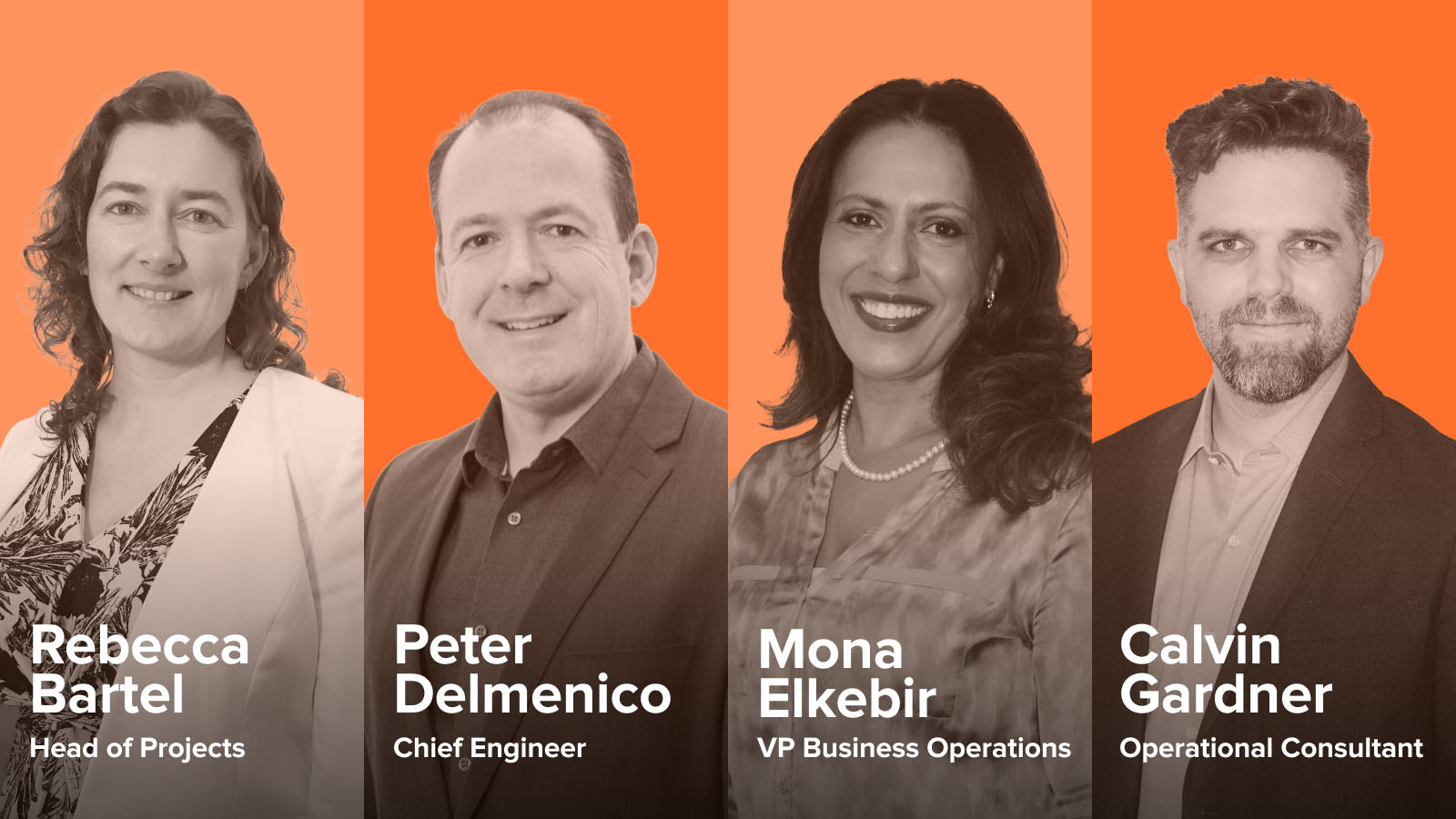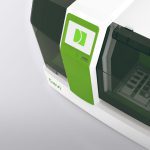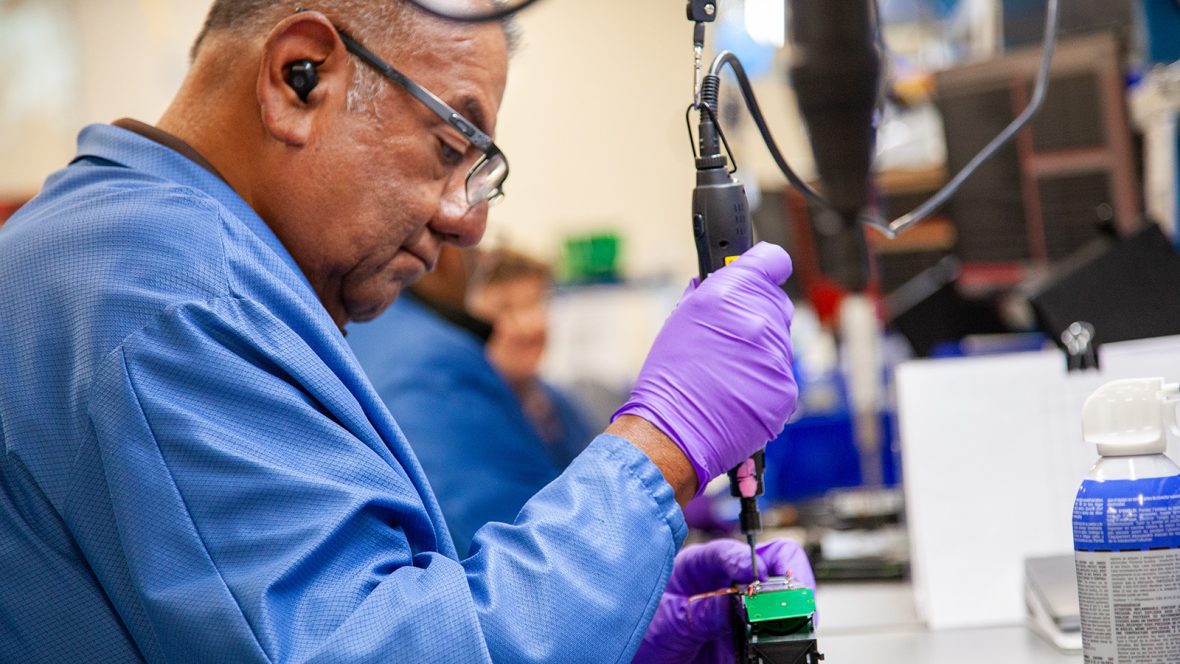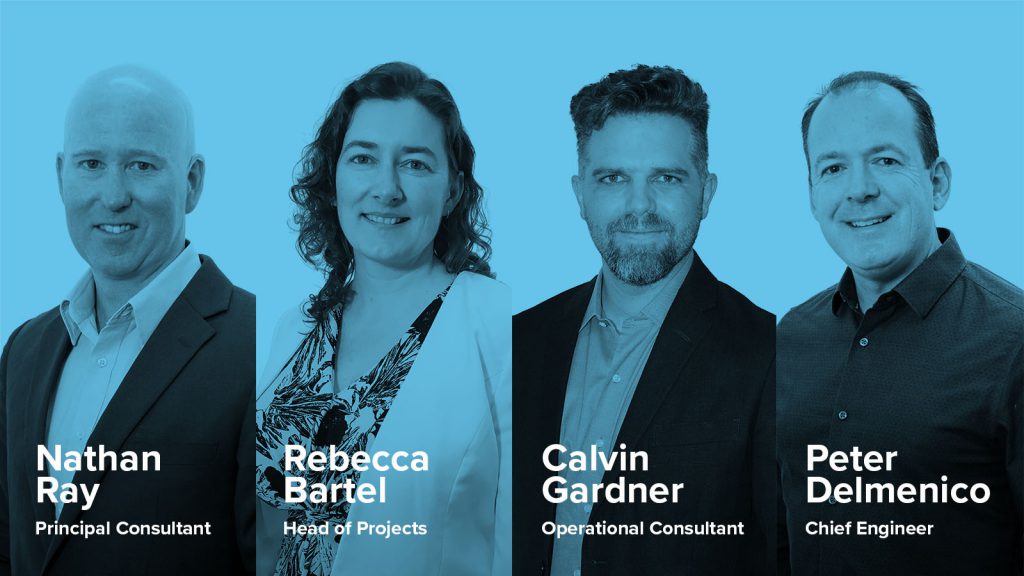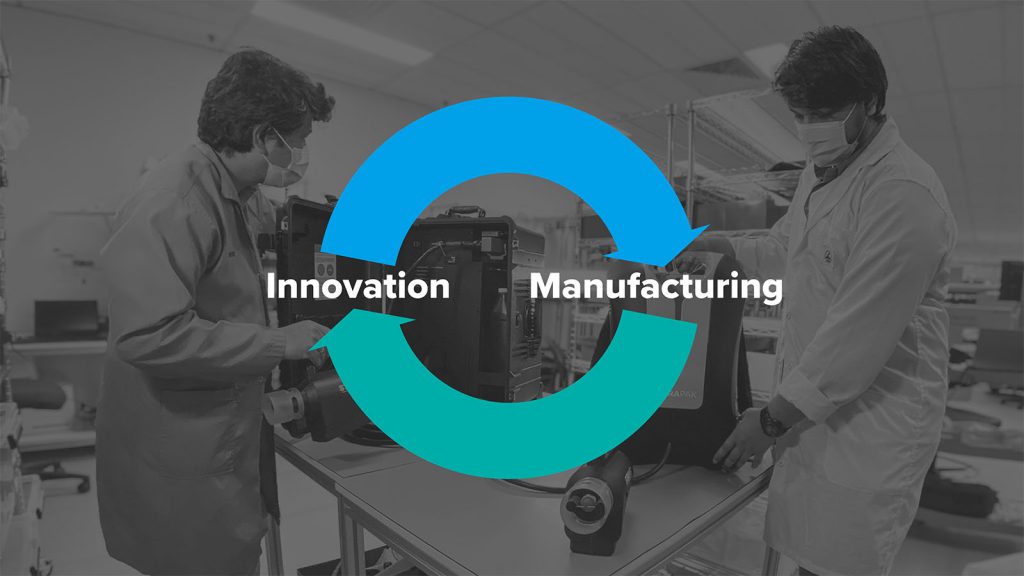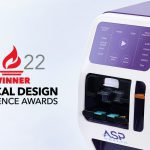
PI’s team of experts have been developing instruments spanning molecular, immunoassay, hematology, clinical chemistry, microbiology and more, for several decades. While every situation is different, we asked four of our key experts to share some simple strategies that allow you to achieve commercial success with your new product development.
Establishing a flexible architecture
Bec Bartel, Head of Projects
During the early definition phase of the project, it is important to think holistically about the full potential of your new product and capture all the attributes you may want in the future. This will ensure that you make good architecture decisions early and ensure you can support any future needs you may have for the instrument.
Having captured ‘all’ the requirements, it is important to then think strategically about your path to an Alpha unit as this is often your first opportunity to get feedback from key stakeholders and potential users on an end-to-end system. By incorporating just the most critical performance and workflow features, you can get an Alpha design and KOL feedback quicker.
When developing your Beta, you should then be mindful to avoid creating an unnecessary verification burden which can be costly and delay the Beta development. By adopting a lean, commercial mindset when defining the Beta requirements, which is effectively your MVP, you haven’t said no to all the potential requirements you have captured. Instead, you have staged the release of those requirements and importantly designed an architecture that will support you building more feature rich future versions at the appropriate time.
Accelerate development by not reinventing the wheel
Peter Delmenico, Chief Engineer
To help our clients dramatically reduce the time, cost and risk of a complex development project, PI brings to the table a suite of Accelerators. These Accelerators are ready-to-go modules that deliver robust solutions for common instrument functions. They help our clients avoid spending valuable time and budget on standard, non-differentiated functionality like OS packaging, firmware updates, error handling, file storage, network comms, script execution, or scheduling. These tools provide a valuable head start to the development phase, by not re-inventing the wheel, and instead allowing us to focus on the aspects of our client’s product that are truly unique and game-changing.
Our library of Accelerators includes prebuilt software, firmware, and hardware elements that not only save time and money but have already had extensive testing and are therefore extremely robust. That means our clients can launch the right product faster, whether it’s the latest in a portfolio of products, or a proof-of-concept instrument for their next capital raise. And the permissive PI licensing model provides peace of mind with a worldwide perpetual license not just for the current product, but also next-gen and derivative products.
Blended team strategies
Mona Elkebir, VP Business Operations
When it comes to resourcing a new product development project, some of our clients choose to outsource the entire program to PI, which we can easily manage as an entire turnkey program in the traditional outsourcing consulting manner.
However, we have developed a somewhat unique blended team approach that we highly recommend as it provides a far better outcome for our clients by keeping some of their core team actively involved in the development program, and has the added benefit of reducing the overall program budget.
Initially we collaborate with our client to define a development strategy and program tailored to meet their commercial objectives. We then define the effort and resources required to deliver on the agreed development plan, and then work with our clients to consider the expertise and availability of their core team members and how we can integrate them into a single blended team that we manage as one. When managed effectively, blended teams can bring significant benefits to engineering firms by enhancing communication, flexibility, access to talent, and overall team performance, as well as reduced cost and time to market.
No substitute for domain experience
Calvin Gardner, Operational Consultant
When PI sets out to develop a client’s complex diagnostic instrument, we prioritize evaluation of the core technology, examination of product-market fit, feasibility assessments, and rapid targeted de-risking activities. Our full focus is on identifying and resolving the critical decisions which will make or break the project, and this is where being able to pull people into a room who have decades of experience in the relevant technology pays big dividends.
PI calls on its full spectrum of design and manufacturing expertise which spans molecular diagnostics, immunoassay, hematology, clinical chemistry, microbiology, serology, virology, point-of-care, and more. While each diagnostic technology has its own unique risks, by bringing in broad experience to de-risk early, you enjoy a smoother path along the development journey from Alpha to Beta to full-scale production.
Whether it’s anticipating the need for careful thermal control of an enzyme, knowing exactly how to isolate precision optics from vibration, accounting for barometric pressure variation in microfluidic handling, preventing cell stress with systematic medium control, mitigating amplicon contamination pre-emptively, building in regulatory compliance from the ground up, or architecting the instrument to align with existing workflows, seasoned professionals avoid unnecessary design iterations, prevent wasted time and money, and ensure a streamlined and successful development path.
Summary
PI has large teams of highly skilled technical experts, but it is often our commercial mindset that has a meaningful impact on development programs and is highly valued by our client’s. As Bec, Peter, Mona and Cal have described, we are always thinking about how we can save our clients’ money and get them to market faster with the right product so they can be commercially successful.
Our winning strategies include establishing a flexible product architecture that supports future functionality, leveraging Accelerators, building a blended project team and tapping into deep domain experience – but there are many more.
To hear more from the Planet Innovation team or to discuss your own development needs, please get in touch or visit the team at booth #3055 at ADLM this month.

